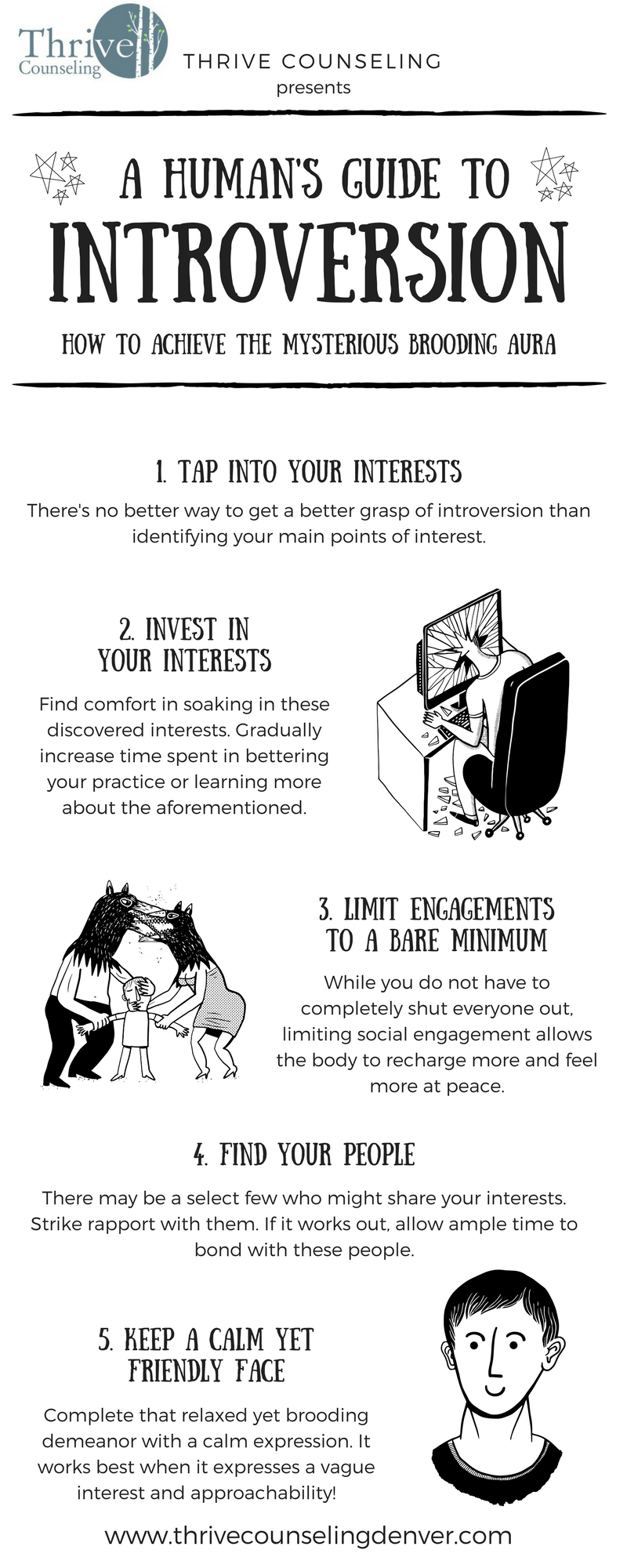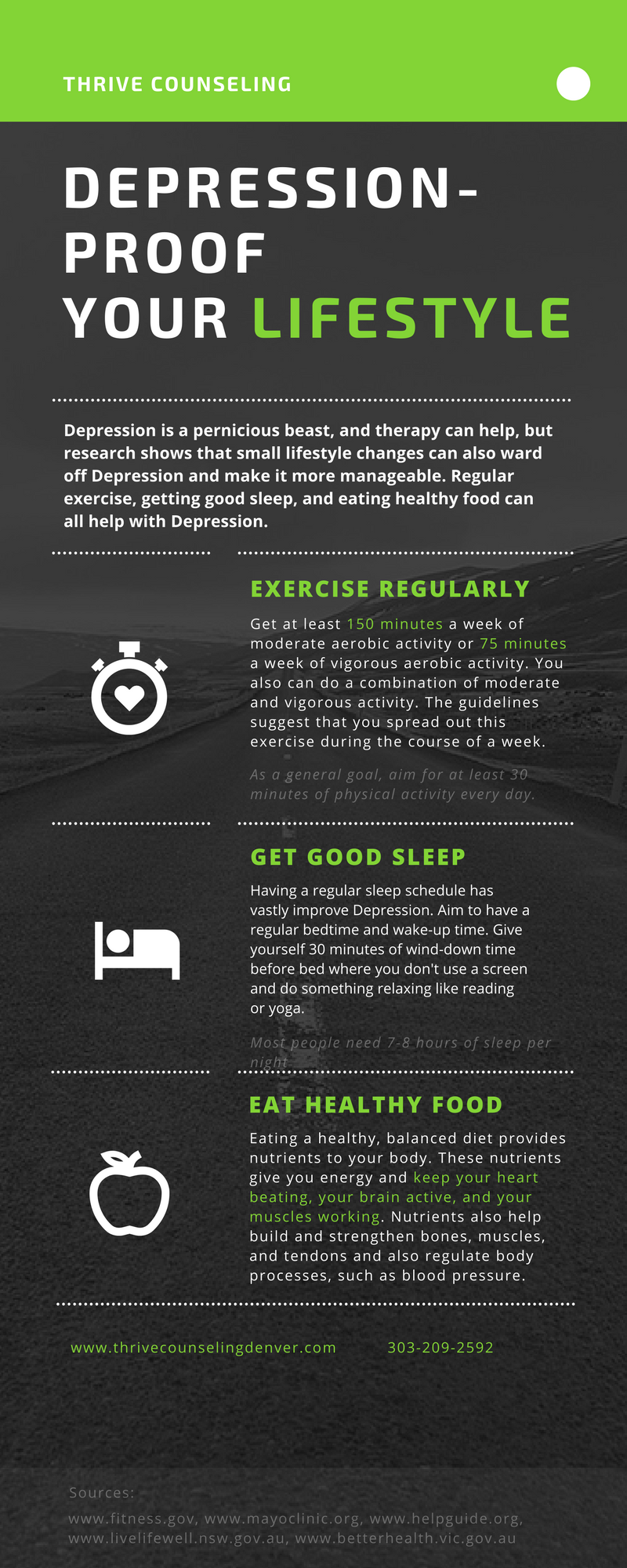
“I’m 26 and all my friends are getting married. They don’t know I’m about to get a divorce.”
A client of mine looked up at me through tears and said “I’m 26 and all of my friends are getting married. They don’t know I’m about to divorce.” She went on to talk about the particular and acute pain of the upcoming wedding season. She had 5 weddings to attend and she was a bridesmaid at two on them. At this point, she hadn’t shared with any of her friends about her recent decision to seek a divorce from her husband. “I’m 26 and all of my friends are getting married. They don’t know I’m about to divorce.” Although divorce has become less common on average, I see clients who are getting a divorce at a young age and carry shame and embarrassment around it. While a relationship ending is painful enough, it’s an extra burden to feel surrounded by your friends beginning their marriages, while yours is heading towards its end. Millennial Women and Divorce The divorce rate has been slowly declining since the 1990s. This is due to many factors, including people getting married at a later age, and having easy access to birth control. What is new about millennial marriages, however, is that more divorces are initiated by women than ever before. Now about two-thirds of marriages are initiated by women, when the inverse used to be true for previous generations, especially the Baby Boomers. Millennial women feel more empowered in relationships and have earning power that’s almost equitable to men, and this may lead to more of them seeking a divorce when a relationship if just not working. It’s also true that millennial women are surrounded by the ‘marriage season’ in their lives. That magical 4-5 years in your mid-20s and early-30s where it seems everyone you know is getting married. My clients who are struggling in their relationships or seeking divorce feel this keenly. It’s difficult to go to one more wedding, do one more toast, and eat one more mediocre salmon dish. How to survive Wedding Season amid a divorce If you are in the middle of a divorce, a separation, or simply going through a challeng in your own marriage, its important to be mindful and take care of yourself while you go to weddings and show up for your friends on their special day. Use compartmentalization to your advantage. Compartmentalization is a psychology term that simply means the ability to separate thoughts and feelings from one another. Sometimes it doesn’t serve you well to compartmentalize yourself into little boxes. Other times, it’s an essential tool for self-care. It’s ok to separate your own experiences from your loved ones around marriage. It ok to feel sad for your own situation or skeptical about the whole idea of marriage, and at the same time feel genuinely happy for your friends as they say “I Do’s.” Make a plan for the weddings you attend The key here is to give yourself permission to attend weddings and whatever way feels best for you. If you want to alone, do that. If you want to go with your spouse, that’s okay too. You don’t need to explain yourself either way. Your business is your business, and the wedding is for the couple getting married. If you feel that you are “lying” by showing up with your ex or your spouse in the midst of a divorce, remind yourself that you are present for your loved ones, and they don’t have the right to pry or make assumptions about your own marriage. Give yourself permission to bow out of some wedding invites If you really can’t get yourself to attend a wedding, that is completely ok. You need to give yourself permission to be authentic and take care of yourself. If you can’t attend a wedding and be present and supportive to the couple getting married, it’s ok to gracefully bow out. Make sure to send a thoughtful gift, express your deepest regrets, and spend the afternoon watching Netflix at home. And if you need some extra support during your Wedding Season, reach out to us to schedule a free consultation. Getting some outside advice is always helpful. We’re here for you.








